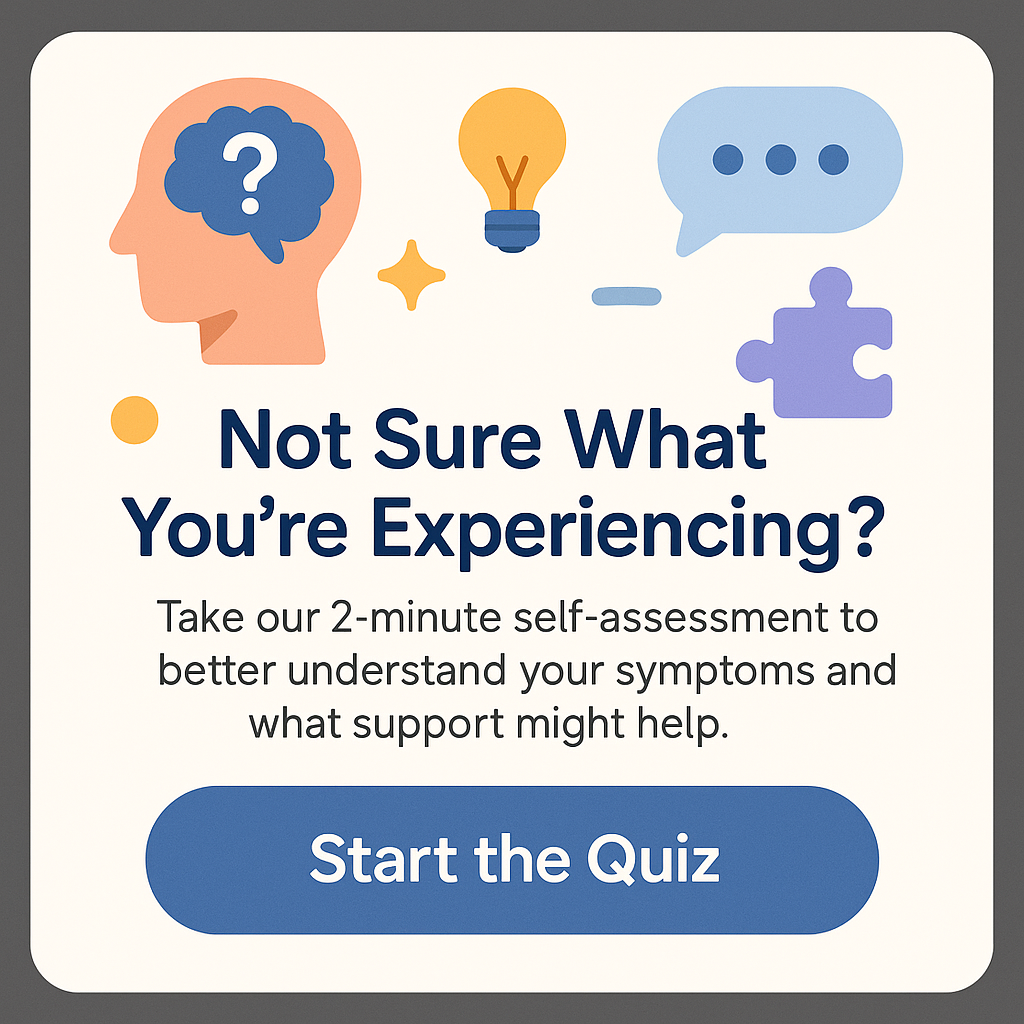Can an Autistic Person Drive? Understanding the Challenges and Possibilities
Can an autistic person drive? This question resonates with many families and individuals as they navigate the complexities surrounding autism spectrum disorder (ASD) and driving. While driving is a rite of passage for many, it can present unique challenges and considerations for individuals on the autism spectrum. This article delves into the factors affecting driving capability for autistic individuals, the skills required for safe driving, and how families can support their loved ones in this significant life milestone.
Understanding Autism and Driving Skills
To explore if an autistic person can drive, it’s essential first to understand what autism is and how it affects daily living skills and social interactions. Autism is a neurodevelopmental disorder characterized by varying degrees of difficulty with communication, social skills, and repetitive behaviors. Each individual on the spectrum is unique, and their experiences can differ significantly. This individuality also extends to their abilities and challenges related to driving.
Driving requires a variety of skills, including cognitive functions, motor coordination, and decision-making abilities. For many autistic individuals, sensory sensitivities can complicate these skills. The sounds, lights, and movements in a driving environment can be overwhelming for those who are sensitive to sensory input, which may hinder their performance behind the wheel.
Additionally, social communication skills come into play. Effective driving involves understanding cues from other drivers, pedestrians, and traffic signals. An autistic person may struggle with these social cues, especially in high-pressure or fast-paced environments. This doesn’t mean driving is impossible; it merely highlights that some individuals may require additional support and training to build the necessary skills.
Assessing Individual Driving Capability
When pondering the question, Can an autistic person drive?, it’s crucial to focus on individual assessment rather than making sweeping generalizations. The ability to drive varies based on personal capabilities, experiences, and specific challenges associated with autism.
1. Cognitive Assessment: One of the primary steps in determining whether an autistic individual can drive is through cognitive assessment. Professionals such as occupational therapists or driving instructors with experience in autism can evaluate an individual’s cognitive processing, attention span, and decision-making skills. This assessment helps in understanding how well the person can react under typical driving conditions.
2. Motor Skills Evaluation: Driving requires significant motor skills, including hand-eye coordination and reaction time. A specialized driving assessment can help identify an individual’s physical readiness. For some, special adaptive equipment may be necessary to accommodate difficulties with motor skills.
3. Simulated Driving Experiences: Some organizations offer simulated driving programs specifically designed for autistic individuals. These programs allow for low-pressure situations where individuals can practice driving safely. It provides insights into their comfort level and capabilities without the risks of real-world driving.
4. Parental and Professional Support: The role of family members or caretakers is crucial. They can provide support through practice sessions, encouragement, and feedback. Engaging with driving instructors who understand autism can also facilitate a smoother learning process. Collaboration between family, professionals, and the individual is vital to identify strengths and weaknesses.
The Role of Driving Programs and Resources
When considering if an autistic person can drive, various driving programs cater specifically to individuals on the spectrum. These programs offer tailored training that considers the unique challenges faced by autistic learners.
1. Adaptive Driving Schools: Some driving schools focus specifically on teaching individuals with various special needs, including autism. These schools employ instructors trained in understanding the nuances of autism, providing a supportive environment where individuals can learn at their own pace. Adaptive driving schools often modify their vehicles with extra features that cater to different abilities, making driving more accessible.
2. Online Resources and Communities: Many online resources provide information and support for autistic individuals and their families pursuing driving. Websites like the Autism Speaks offer valuable insights into resources available for learning to drive and support networks for families. Online forums and community groups can also serve as a platform for sharing experiences, tips, and encouragement.
3. Driver Rehabilitation Programs: These programs are excellent for individuals who may need additional support navigating their unique driving challenges. Driver rehabilitation specialists conduct comprehensive evaluations and training tailored to the needs of individuals on the autism spectrum. They understand behavioral issues, sensory sensitivities, and motor coordination hurdles that may arise.
4. Educational Workshops for Parents: Parental involvement is crucial in fostering an environment conducive to learning. Educational workshops aimed at parents can provide insights into how to support their children in driving. Workshops often cover topics such as safety, managing anxiety related to driving, and navigating the practical aspects of car ownership.
Legal Considerations and Licensing
Can an autistic person drive in terms of legal implications is another critical aspect to consider. Driving laws can vary from state to state, so it’s essential to understand binding regulations and requirements specific to the area where one resides.
1. Medical Evaluations for Licensing: Some jurisdictions may require medical evaluations for individuals with conditions like autism before issuing a driver’s license. It’s vital to review the specific regulations in your state or region, as they may necessitate documentation from healthcare providers outlining the individual’s capabilities and any accommodations needed.
2. Accommodations in Testing: Many regions allow accommodations during the driving test for individuals with autism. These accommodations can range from adjusted testing environments to allowing for additional time in both the written and practical components of driving tests. It’s essential to communicate needs clearly with local licensing offices.
3. Ongoing Assessments: After obtaining a license, it’s crucial to remember that driving skills should be regularly assessed. As driving conditions change (new routes, different weather conditions), individuals on the autism spectrum may need periodic evaluations to ensure safe driving practices.
Conclusion
Can an autistic person drive? The answer isn’t a simple yes or no—it ultimately depends on the individual’s skills, capabilities, and the support systems in place. Through comprehensive assessments and tailored support from driving programs, many autistic individuals can learn to drive successfully. The journey to becoming a qualified driver is not only about the mechanics of operating a vehicle; it encompasses emotional growth, confidence-building, and a sense of independence.
As families and support networks rally around autistic individuals, the pathway to acquiring driving skills can become a manageable and fulfilling experience. Encouraging patience, understanding, and practical training can make all the difference. Remember, driving is more than just a mode of transport; it is about freedom and the joy of being in control of one’s journey.
Frequently Asked Questions
1. Can all autistic individuals obtain a driver’s license?
No, not all autistic individuals may be ready to drive. It varies based on individual capabilities and local regulations. Professional assessments can aid in determining readiness.
2. What specific challenges might autistic individuals face while driving?
Common challenges include sensory sensitivities, difficulty with multi-tasking, understanding social cues, and managing anxiety in stressful situations.
3. Are there specialized driving schools for autistic individuals?
Yes, some driving schools specifically cater to individuals with autism, offering tailored lessons and support.
4. How can parents support their autistic child in learning to drive?
Parents can support their child by facilitating practice sessions, engaging with experienced instructors, and maintaining open communication about fears and challenges.
5. What accommodations can be made during driving tests for autistic individuals?
Accommodations may include extended time for tests, flexible testing environments, and additional support from instructors during practical assessments.
Understanding Therapeutic Dogs for Autism: A Comprehensive Guide
Is ADHD a Form of Autism? Understanding the Differences and Similarities







